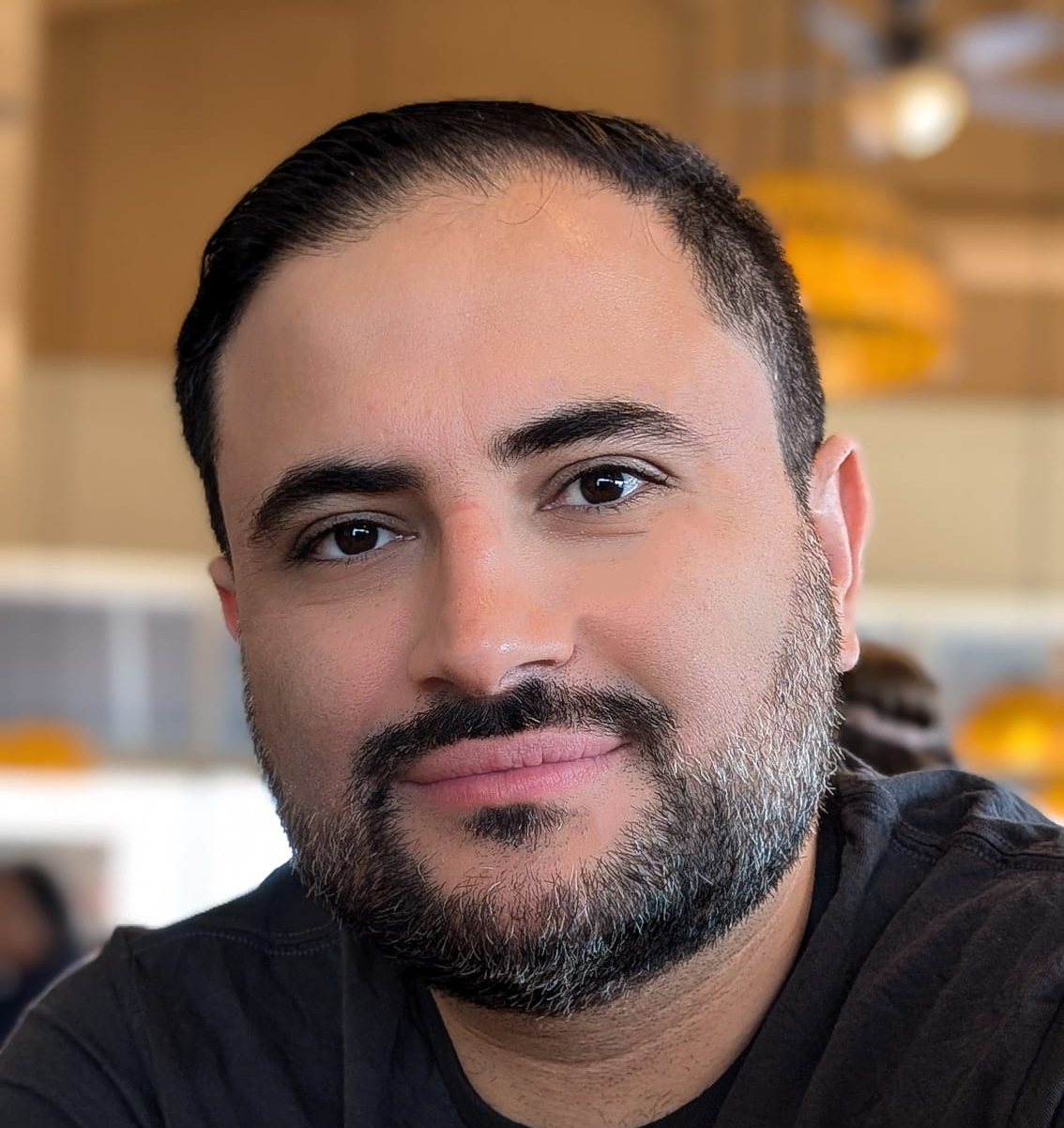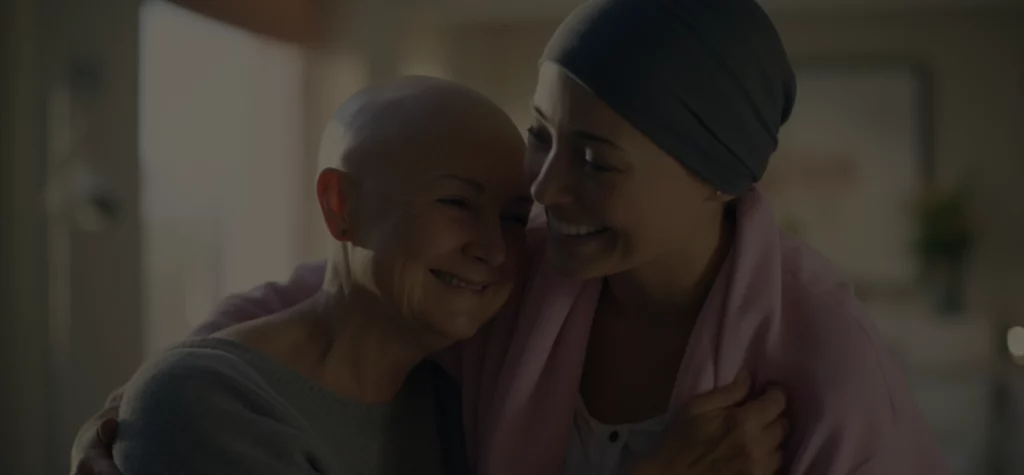2MDOpinion delivers world-class medical second opinion from top specialists, giving patients clarity and confidence in just days, not months
 Written By: Hesam Seyedi | October 9, 2025
Written By: Hesam Seyedi | October 9, 2025
A cancer diagnosis is one of the most life-changing moments a person can face. It disrupts routines, creates uncertainty, and turns every day into a waiting game — one that no patient should have to endure alone.
In Canada, the average wait time for an initial oncology consultation is more than ten weeks. That’s ten weeks of unanswered questions, delayed treatment, and mounting anxiety. For many, those weeks feel like an eternity when every day matters.
That’s why more Canadians are turning to oncologist online consultation — a faster, secure, and compassionate way to access trusted specialists. Instead of waiting for referrals or overbooked appointments, patients can now connect with oncologists who review their reports, imaging, and treatment options remotely, often within days.
When it comes to cancer, time isn’t just valuable — it’s everything. Online consultations aren’t replacing care; they’re reshaping how quickly patients can receive it.
Cancer care in Canada is advancing, but access still lags behind the need. The growing number of new diagnoses each year is placing tremendous pressure on an already stretched system — and for many, time is the one thing they don’t have.
In 2024 alone, Canada saw 247,100 new cancer cases and more than 88,000 deaths. Nearly half of all diagnoses came from just four cancers — lung, breast, prostate, and colorectal — making up the majority of oncology visits and specialist backlogs.
With average oncology wait times now exceeding ten weeks for a first consultation, patients are seeking faster, more direct options. Many are turning to oncologist online consultation services to connect with trusted cancer specialists in days rather than months — without navigating traditional referral delays.
The shift isn’t just about convenience. It’s about urgency, empowerment, and access to care when it matters most.
Teleoncology — or virtual cancer consultation — is no longer experimental. It’s a proven, growing part of modern cancer care that allows patients to see leading oncologists without leaving their homes.
Globally, over 12% of oncology visits now take place via telehealth, reflecting a long-term shift in how cancer is treated and managed post-pandemic. For patients with mobility challenges, weakened immune systems, or limited local access, this digital transformation is life-changing.
For cancers monitored or diagnosed through imaging, patients can also explore how to get a second opinion on an MRI to confirm their scans and ensure treatment decisions are based on accurate findings. Virtual care makes that second look possible within days — not months.
What began as a response to pandemic restrictions has evolved into a trusted, efficient, and compassionate model of care that gives patients control over timing, access, and peace of mind.
For many patients, meeting their oncologist online doesn’t feel distant — it feels liberating. They can speak freely, avoid exhausting travel, and receive critical updates without the emotional toll of another hospital visit.
In one large study of more than 27,000 cancer patients, 73.8% rated telemedicine as equal to or better than in-person visits, and 18.9% even preferred it. The convenience, privacy, and emotional ease of online consultations are redefining what quality care looks like.
At Toronto’s Princess Margaret Cancer Centre, patient satisfaction reached 80%, compared to just over 53% among physicians — proof that while doctors adapt to new systems, patients are already embracing them. For many, the human connection remains strong, even through a screen.
As technology continues to mature, the question is no longer whether online cancer care works — it’s how fast it can reach everyone who needs it.
Cancer treatment isn’t just emotionally draining — it’s logistically demanding. For patients already coping with fatigue, pain, or chemotherapy side effects, long-distance travel and waiting-room hours add unnecessary strain.
That’s why accessibility and time savings are among the greatest benefits of virtual oncology care. According to a National Cancer Institute study, online consultations saved patients up to $186 USD per visit, while eliminating nearly three hours of travel and over an hour of clinic wait time. For many, those hours aren’t just convenience — they’re quality of life regained.
A 2024–2025 cross-sectional study found that 77% of cancer patients use teleoncology not only for ongoing cancer care but also for managing other health concerns, reporting an average 4.2 out of 5 satisfaction score and 4.3 for affordability. That accessibility means care reaches patients who otherwise might have skipped follow-ups entirely.
By reducing costs, saving time, and offering comfort, online cancer doctor consultations are quietly reshaping what compassionate care looks like — one click, one conversation, one saved trip at a time.
What started as a temporary solution during the pandemic has evolved into the future of cancer care. Today, virtual oncology is powered by advanced technology, predictive analytics, and AI — giving doctors sharper tools and patients faster answers.
In Canada, research shows that an AI model achieved 80% accuracy in predicting patient survival outcomes by analyzing oncologists’ clinical notes. That level of precision means more personalized treatment plans and earlier interventions when every moment counts.
A 2025 survey revealed that 81% of oncology nurses in Canadian specialty clinics now use virtual consultations or secure e-visits for follow-ups — a clear sign of how deeply remote care has become embedded in cancer treatment routines.
Globally, teleoncology is projected to grow 15–18% annually through 2030, driven by wearable devices, remote monitoring, and AI-based diagnostic support. The future of cancer care is hybrid — blending in-person precision with online speed and accessibility.
When errors are this common, access to a second opinion shouldn’t be a privilege — it should be a patient’s right. Every diagnosis deserves confirmation, especially when the stakes are high.
More than one in four Canadians experience a medical error or near-miss during care.
That’s a staggering number — and it highlights why second opinions aren’t just about reassurance, but about safety. Independent reviews can prevent misdiagnoses, unnecessary procedures, and emotional distress that often follow preventable mistakes.
Healthcare leaders are starting to acknowledge this. The Canadian Medical Association and patient advocacy groups have emphasized that easier access to second opinions — even without referrals — is key to improving diagnostic accuracy and rebuilding trust in the healthcare system. You can read more about these calls for reform in their overview of how second opinions work in Canada.
Until these systemic changes take hold, Canadians don’t have to wait. New digital tools and private healthcare networks now make it possible to seek clarity directly, bridging the gap between what’s promised — and what’s actually accessible.
When facing cancer, waiting is never neutral — it’s an emotional and physical toll that no one should have to bear. Online consultations are helping patients move from uncertainty to action, from waiting to knowing.
With faster access to oncologists, reduced travel time, and lower costs, online cancer care is redefining what it means to receive timely, compassionate treatment. The rise of virtual consultations has shown that quality care doesn’t depend on location — it depends on connection.
If you or a loved one is navigating a new diagnosis or seeking clarity, consider getting an online second medical opinion. It’s a simple, secure way to connect directly with leading cancer specialists who can review your results, answer your questions, and guide your next step — all without the wait.
Cancer care will always be complex. But access to it doesn’t have to be. Because when every week counts, the fastest path to answers can make all the difference.
2MDOpinion delivers world-class medical second opinion from top specialists, giving patients clarity and confidence in just days, not months
Email Us
2MDOpinion delivers world-class medical second opinions from top specialists, giving patients clarity and confidence in just days, not months.
| Cookie | Duration | Description |
|---|---|---|
| cookielawinfo-checkbox-advertisement | 1 year | Set by the GDPR Cookie Consent plugin, this cookie is used to record the user consent for the cookies in the "Advertisement" category . |
| cookielawinfo-checkbox-analytics | 11 months | This cookie is set by GDPR Cookie Consent plugin. The cookie is used to store the user consent for the cookies in the category "Analytics". |
| cookielawinfo-checkbox-functional | 11 months | The cookie is set by GDPR cookie consent to record the user consent for the cookies in the category "Functional". |
| cookielawinfo-checkbox-necessary | 11 months | This cookie is set by GDPR Cookie Consent plugin. The cookies is used to store the user consent for the cookies in the category "Necessary". |
| cookielawinfo-checkbox-others | 11 months | This cookie is set by GDPR Cookie Consent plugin. The cookie is used to store the user consent for the cookies in the category "Other. |
| cookielawinfo-checkbox-performance | 11 months | This cookie is set by GDPR Cookie Consent plugin. The cookie is used to store the user consent for the cookies in the category "Performance". |
| viewed_cookie_policy | 11 months | The cookie is set by the GDPR Cookie Consent plugin and is used to store whether or not user has consented to the use of cookies. It does not store any personal data. |
| Cookie | Duration | Description |
|---|---|---|
| _ga | 2 years | The _ga cookie, installed by Google Analytics, calculates visitor, session and campaign data and also keeps track of site usage for the site's analytics report. The cookie stores information anonymously and assigns a randomly generated number to recognize unique visitors. |
| _ga_530K1V7VWR | 2 years | This cookie is installed by Google Analytics. |
| Cookie | Duration | Description |
|---|---|---|
| nitroCachedPage | session | No description |